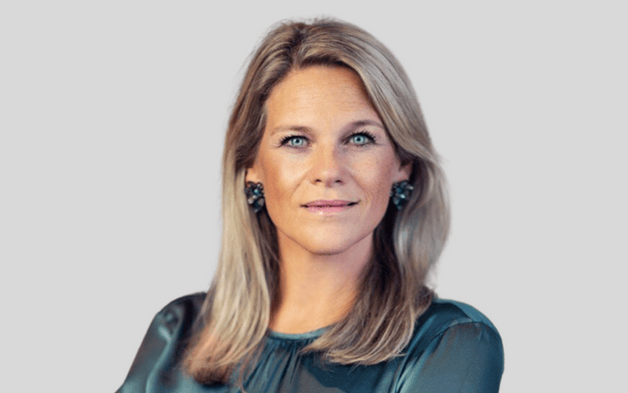It’s said that the roads leading to Maastricht’s city centre are curved to help prevent any attack on the beautiful city, famous for hosting the beginning of Europe’s economic and monetary union in 1992. In these uncertain times, beating a path back to Europe’s shared centre has never felt more challenging, said Karin van Baardwijk, chief executive, Robeco, speaking in the opening session of the Fiduciary Investors Symposium at Maastricht University.
That uncertainty is reflected in Robeco’s recently published five-year outlook which cites a reversal in monetary policy, inflation, climate change and volatility as key risks ahead. “It’s become very tough to forecast the future,” van Baardwijk told attendees going on to highlight the key areas where Robeco sees change and will focus in the year ahead.
Sustainable investment
Sustainable investment will be accelerated by a wave of new ESG policy interventions that will increasingly override the wrong incentives. Sustainable investment is mainstream, and current discussions now focus on how portfolios can have a positive impact on society. “There is still a long road to travel, but change is encouraging,” she said. “Legislation and changing consumer demand means every company is impacted by sustainability.” Moreover, ESG investments are increasingly comparable, preventing greenwashing.
Pioneering initiatives to progress the integration of sustainability at the asset manager include developing a biodiversity investment framework with the support of WWF, stakeholders and regulators. “We are raising the bar on integrating sustainability in all investment decisions,” said van Baardwijk. “Inaction is the biggest threat to all.”
So far, Robeco has decarbonised its portfolio by analysing and picking stocks; finding companies that contribute to the climate transition and generate healthy profits. In another endeavour, Robeco is giving clients and academics free access to some of its proprietary SDG data. In response to what van Baardwijk called a moral imperative, the company is sharing its SDG scores to help others learn from Robeco’s data and integrate it into their decision making. Opening the process also invites more expertise into Robeco’s own processes. “We want to get wisdom and feedback from the crowd,” she said.
Data
Data will become another key focus for investors in the coming years, providing a source from which they can derive alpha. The amount of data available to inform investment decisions is increasing at high speed, but investors are at risk of falling behind if they don’t secure the talent needed to interpret these new data sets.
Talent
The digital revolution leaves investors hunting new skills, particularly around data analysis. The battle for talent won’t decrease even as growth slows, she warned. Investors must remain flexible and innovative in their hunt for and retaining of talent. “To build a talented team, we need to maintain a culture of excellence and integrity,” she said. “We need to stay the course, and make sure responsible investment is at the heart of everything we do.”
Leadership
Leadership is an essential pillar in talent management. van Baardwijk stressed the importance of leadership instilling a message of hope and the need to prioritise technology.
Successful leadership also involves instilling key principles around long-term investment and corporate engagement. As stakeholders’ expectations grow, so investors need a clear vision. Investors should show flexibility and transparency around reporting and their investment outcomes. For Robeco, today’s challenging investment environment reinforces the need to remain true to the asset manager’s fundamental vision and commitment to promoting economic stability and ensuring returns flow back into society. It is also committed to a low carbon world and protecting biodiversity, allocating capital to companies that are leading the transition. Robeco recently set out interim carbon footprint targets for its investments and operations for 2025 and 2030, on its way to net zero by 2050.
Leaders also have a key role in building partnerships. She urged asset owners to lean into asset managers expertise and predicated asset owners will begin to have fewer, deeper relationships with their asset managers. “Asset owners will interact with fewer asset managers but in deeper relationships.” She predicted that pension funds will also become a leading voice around societal change, arguing that pension funds have a unique voice when it comes to influencing governments given their assets under management and a representation of society as a whole.
Active management
A final trend comprises a switch from passive to active investment. In today’s volatile environment, active investors are best positioned to deliver results. Moreover, an active approach is the most effective way to factor in sustainability needs and objectives. Opportunities exist amid the challenges too and active investment is a chance for skilled investors to tap alpha. She concluded that the combination of encouragement, active management and evolving regulation would make generating sustainable returns possible.



